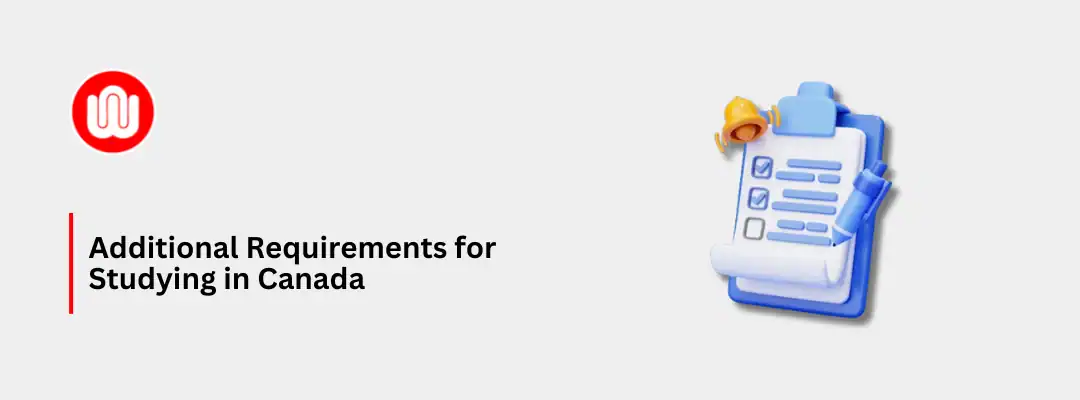The path to pursue higher education can be exciting for Indian students who aspire to study in Canada. However, the Indian and Canadian education system have their differences, and understanding their compatibility is highly important. Does the Canadian education system recognize the Indian 10+2+3 education system? - is the biggest question in a student’s mind. In this blog, we delve into the question in detail.
Check Your Eligibility for Canada Study Visa
India follows a 10+2+3 education system - 10 years of schooling (up to class 10), followed by 2 years of higher secondary education (classes 11 and 12), and lastly, 3 years of undergraduate studies. This system is followed in both Indian states and central educational boards.
Whereas, Canada has a very inclusive education system, attracting students from all over the world. The Canadian education system follows a 12+4 format - 12 years of primary and secondary education, followed by 4 years of undergraduate studies.
The Canadian institutions recognize the 10+2+3 system of India but it may vary depending on the program or institution. Most colleges and universities in Canada consider Indian applications for undergraduate programs, considering their skills and knowledge gained during the 10+2+3 years.
However, there may be professional programs or specialized courses with unique requirements, and therefore, you are advised to check your eligibility for the chosen field of study before applying for a Canada Study Visa from India.
Indian Education Boards:
The universities and colleges in Canada accept students from various cultural and educational backgrounds, including India. Boards in India like CBSE (Central Board of Secondary Education) and ISC (Indian School Certificate) are often recognized by Canadian institutions if the Indian students meet the admission requirements.
To ensure a smooth transition for Indian students to Canada, the institutions in Canada often require applicants to take the equivalency test. Organizations such as the WES (World Education Services) and ICAS (International Credential Assessment Service of Canada) are responsible for this assessment.
They assess the academic credentials and submit a report mentioning how your foreign education aligns with the Canadian education standards.
Language Proficiency
Apart from the educational equivalency of Indian and Canadian education systems, the institutions also have language requirements. No matter your educational background, proving strong language proficiency is important as English is the primary language of instruction in Canada.

English language tests like IELTS or TOEFL are mandatory for international students to prove their writing, reading, listening, and speaking skills for effective communication and academic settings.
Academic Programs
Despite the recognition, students might face challenges transitioning from the 10+2+3 system to Canadian universities. There is a difference in teaching methods and evaluation systems, and a new cultural and academic environment can pose challenges.
To bridge the gaps in equivalency or language proficiency, many Canadian institutions also offer a wide array of academic programs in the fields of science, business, technology, etc. This allows students from the 10+2+3 system to find courses that align with their respective educational backgrounds and adapt to the Canadian education system. They serve as a stepping stone, making sure that students are well-prepared for the demands of higher education in Canada.
Canada continues to be an attractive destination for Indian students seeking a global education experience. The acceptance of foreign education systems, including India's 10+2+3, is a testament to the flexibility of Canadian institutions.
Students applying for student visas in Canada might find it difficult to understand the assessment process and any additional requirements. Therefore, consulting the Best Study abroad consultant in Delhi, Nationwide Visas is the best choice. From offering free counseling sessions to explore your options to assist you with study visa application, and settling in Canada post-landing, we ensure a smooth transition to Canada for higher education.
Start your process today!
Read More:- Which documents are needed for student visa application for Canada?
Related Posts
Enquire Now
How to Bring your Parents to Canada?
02 Feb, 2023 | 04:57 PM 3673272
Is Canada a Better Place to Live than the UK?
08 Sep, 2022 | 03:50 PM 234170
What's the next step after biometrics for Canada Study Visa?
16 Jun, 2022 | 05:44 PM 207604
How much funds are required for a Study Visa in Canada?
11 May, 2022 | 11:43 AM 198250
Apply for Luxembourg Work Permit from India
22 Nov, 2024 | 04:46 PM 198057
Top 5 Canada PNP Accepting UAE-Based Applicants
05 Jul, 2025 | 05:35 PM 2854
How to Secure a Canadian Job Offer from the UAE for PNP?
04 Jul, 2025 | 04:56 PM 3548
Common Express Entry Mistakes Made by UAE Residents and How to Avoid Them?
01 Jul, 2025 | 04:19 PM 5921
How to Apply for Ontario PNP from the UAE?
28 Jun, 2025 | 05:29 PM 7376
Canada PNP Without Job Offer: Is It Possible for UAE Residents?
26 Jun, 2025 | 04:55 PM 8719
Stay up to date with latest news
Comments
We welcome your feedback
Your email address will not be published. Required fields are marked *